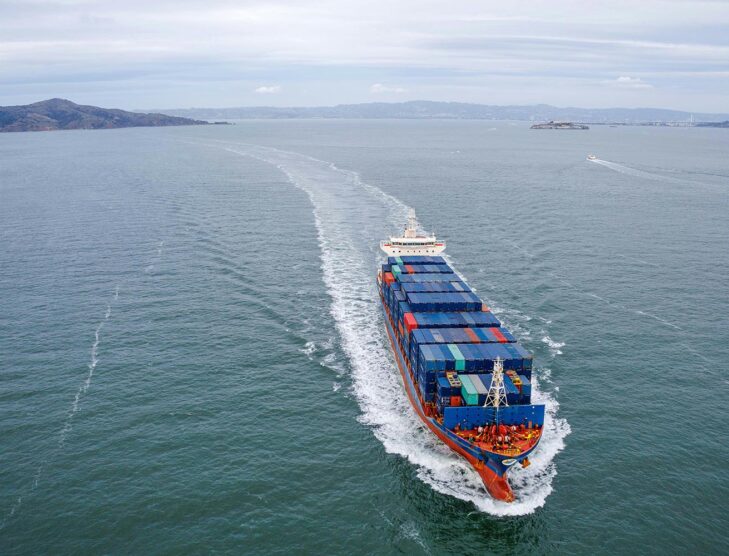
Wärtsilä report forecasts cost parity for sustainable shipping fuels by 2035
A new report by Wärtsilä suggests that sustainable shipping fuels could reach cost parity with fossil fuels by 2035 with the aid of decisive emissions policies such as carbon taxes and emissions limits. The report, titled ‘Sustainable fuels for shipping by 2050 – the 3 key elements of success,’ highlights the role of the EU Emissions Trading Scheme (ETS) and the FuelEU Maritime Initiative in doubling the cost of using fossil fuels by 2030 and closing the price gap with sustainable fuels by 2035.
Wärtsilä, headquartered in Helsinki, Finland, is a global leader in smart technologies and complete lifecycle solutions for the marine and energy markets.
Shipping, which transports 80% of world trade, is currently responsible for 2% of global emissions, a figure that could rise by more than 45% by 2050 without intervention. The International Maritime Organization (IMO) has set a target of achieving net-zero emissions by 2050, with existing decarbonisation solutions capable of reducing emissions by up to 27%. Wärtsilä’s report emphasises the need for sustainable fuels to address the remaining 73% of emissions, but notes the industry faces a “chicken and egg” challenge in scaling up production and adoption.
To accelerate the transition to sustainable fuels, the report calls for decisive policy implementation, industry collaboration, and individual operator action. Roger Holm, president of Wärtsilä Marine & executive vice president at Wärtsilä Corporation, stressed the importance of coordinated action across policymakers, industry, and operators to quickly and affordably produce a mix of sustainable fuels.
“Achieving net zero in shipping by 2050 will require all the tools in the toolbox, including sustainable fuels. As an industry, we must focus on coordinating action across policymakers, industry and individual operators to bring about the broad system change required to quickly and affordably produce a mix of sustainable fuels. Policy in Europe is showing just how impactful action at the international level can be, closing the cost gap between fossil- and low-carbon fuels for the first time,” Holm said.
The report outlines several recommendations for policymakers, including setting a science-based pathway for phasing out fossil fuels, adopting a global standard for marine fuel carbon pricing, and increasing global collaboration on innovation and infrastructure. It also calls for industry-wide procurement agreements, collaboration with other sectors, and the establishment of a knowledge hub to share expertise.
Individual operators are encouraged to improve fuel efficiency and invest in fuel flexibility, with potential savings of up to USD750 million per year in fuel costs by 2030 for companies like Carnival Corporation. Holm emphasised the need for swift action, stating that the industry has the lifecycle of just a single vessel to get this right.
Wärtsilä has also been developing multiple fuel options, including the first commercially available four-stroke engine for ammonia fuel, which can reduce emissions by more than 70% compared to diesel fuel. The report provides a roadmap for scaling sustainable fuels and achieving full decarbonisation by mid-century.
For more information on the report, visit Wärtsilä’s website.









